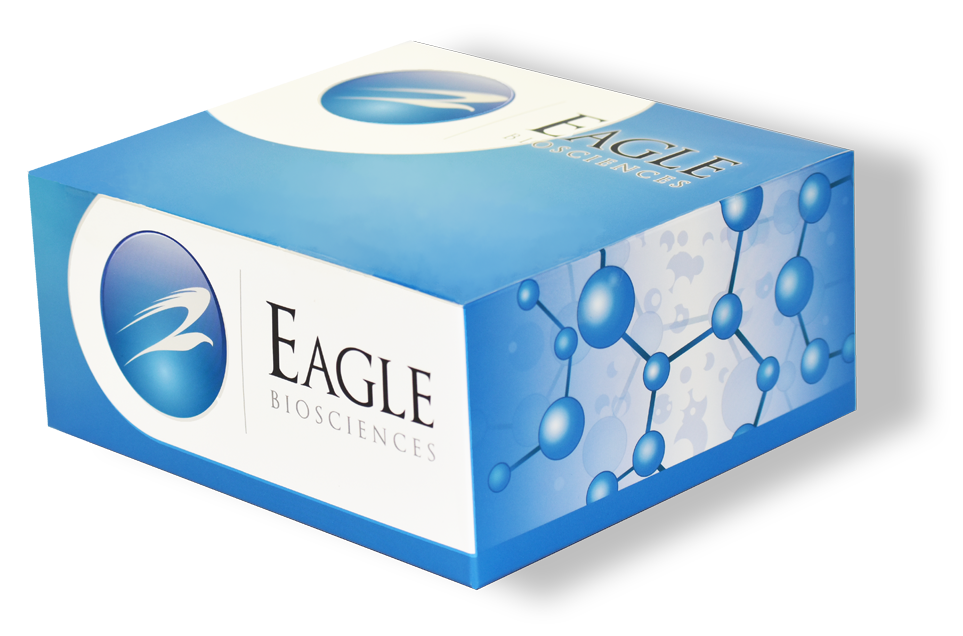Plasminogen is a glycoprotein synthesized mainly in the liver that plays a central role in the fibrinolytic system, the body’s mechanism for breaking down blood clots. It circulates in plasma as an inactive precursor and is converted to plasmin, a broad-spectrum protease responsible for degrading fibrin and other extracellular matrix proteins. Beyond its role in fibrinolysis, plasminogen is also involved in processes such as tissue remodeling, wound healing, inflammation, and cell migration, making it a key biomarker for studying both normal physiological regulation and various disease states.
The plasminogen ELISA is an analytical tool designed to quantitatively measure plasminogen levels in biological samples such as plasma, serum, or cell culture supernatants. In research settings, this assay is used to investigate the molecular mechanisms of coagulation and fibrinolysis, study disease models involving impaired clot breakdown, and evaluate the effects of drugs targeting proteolytic or inflammatory pathways. In clinical applications, plasminogen measurement can assist in diagnosing congenital or acquired plasminogen deficiencies, monitoring liver function, or assessing thrombotic risk. The ELISA format provides a sensitive and reproducible method for detecting variations in plasminogen concentration, supporting both basic research and diagnostic development.
This product is manufactured in USA by Eagle Biosciences.
| Size | 1 x 96 Well |
| Sensitivity | 1.921 ng/mL |
| Dynamic Range | 6.25 ng/mL – 200 ng/mL |
| Incubation Time | 1 hour 10 minutes |
| Sample Type | Serum, plasma |
| Storage | 2-8°C |
| Alternative Names | Fibrinolysin precursor, profibrinolysin, and plasminogen activator substrate. |

